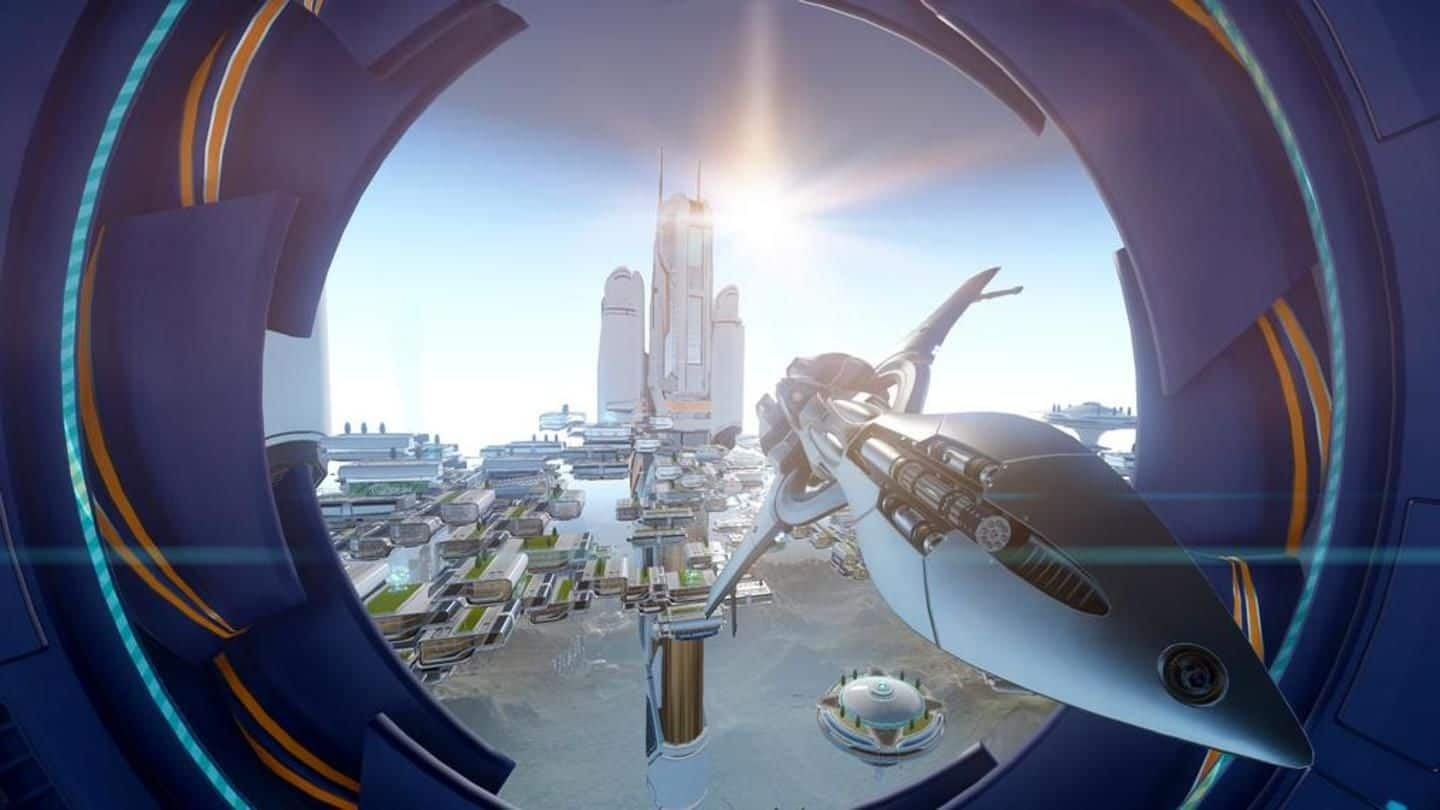
7 incredible technologies you're likely to see in your lifetime
What's the story
Over the past two decades, technological growth has turned our world upside down. Yet, for the most part, experts believe that this is just the start of a new era as humanity trudges towards technological maturity. This makes it difficult to predict technological advances accurately in the long-run. However, we're fairly sure that you'll see these 7 technological advancements in your lifetime.
Going screen-less
We're looking at a screen-less world by 2025
There was a time when screens were a luxury, now they're a necessity; tomorrow, they might be extinct. Advances in augmented reality (AR), connected devices, voice recognition, and AI are set to eliminate screens by 2025, going by current trends. Imagine AR screens that can be pulled up from tiny bracelets, has voice-recognizing AI assistants, and can execute voice-based commands across connected devices.
Cancer cured
Trends indicate that we're staring at a cancer-free future
Since 1990, owing to medical advancements, cancer death rates have been declining by 1% annually, and it's estimated that cancer-related mortality will be eliminated for below-80 age groups fairly soon. Additionally, in March, Stanford University researchers developed a promising cancer "vaccine" that cured 97% of tumours in mice. Human trials are awaited. Advances in AI-driven data crunching and genome sequencing hold further promise.
Transportation
From self-driving to flying cars, transportation sector will disrupt
There's a lot happening in the transportation sector, with self-driving cars being the most discussed, hot topic. Despite initial setbacks, Stanford University researchers expect self-driving cars to not only reduce traffic and accident-related deaths, but to also change our lifestyles as driving and its related time requirement and stresses become automated. In addition, we're looking at flying cars and Hyperloop for seamless connectivity.
Space colonies
Space colonies are set to graduate from fiction to fact
Once reserved for science fiction, space colonies are set to become a reality. With Mars missions lined up 2020 onwards, and with the world's best brains behind them, it's unlikely that humanity will fail, even if it faces significant obstacles. In addition, space colonies ensure human survival in the event of catastrophic, life-ending events on Earth, thereby making them a necessity for long-term survival.
Printed food
3D-printed food could help in future food production
With 3D printing increasingly seeing mainstream adoption, 3D-printed food has already started becoming a reality. From just initial deposition printers, 3D food printers are evolving fast and making more and more complex types of food. With world population to hit 9.6 billion by 2050, food production will need to be ramped-up, and 3D-printed food with replacement, artificial food ingredients could contribute to a solution.
Renewable energy
Renewable energy is also predicted to become mainstream
Renewable energy is also predicted to become mainstream by 2050. With improvements in underwater cabling technology, solar power generated in desert areas around the world can be consumed by geographically separated areas at low costs. Additionally, work is underway to harness the as-yet-untapped thermal energy of oceans, which would outcompete fossil fuels and other renewables that require storage and grid balancing.
CRISPR
The key to genetic engineering, CRISPR
Cheap, reliable gene-editing technology, CRISPR, possibly holds the most dystopic potential. CRISPR already allows for minor, but impactful gene editing today. Tomorrow, it might allow for a housecat-sized genetically engineered lion, or an intellectually superior child. Technicalities apart, the World Economic Forum estimates that use of CRISPR will become so mainstream in the 2030s, that it'll require proper regulation to prevent misuse among humans.